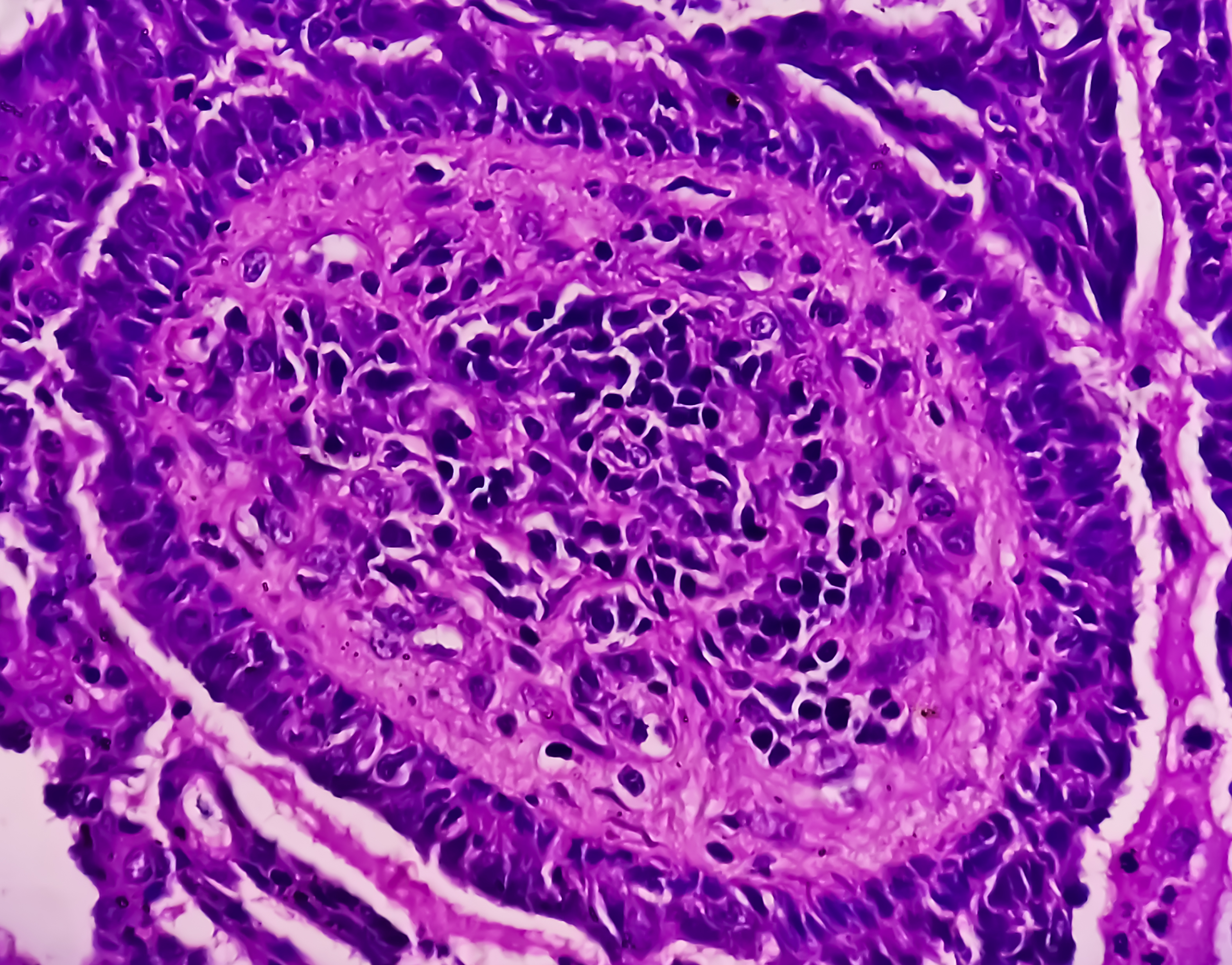
Endometrial Cancer
Learn about endometrial cancer
Endometrial cancer is cancer that arises from the lining of the uterus (called the endometrium). It is the most common type of cancer of the uterus, and the most common gynaecological cancer diagnosed in Australian women.
What Are the Symptoms of Endometrial Cancer?
The most common symptom of endometrial cancer is abnormal vaginal discharge, especially if it occurs after menopause. The discharge may be watery, bloody, or have an unusual odour.
Abnormal bleeding or discharge can happen before or after menopause and is often unrelated to endometrial cancer. However, any woman experiencing unusual bleeding or discharge should consult her doctor, and all postmenopausal women with vaginal bleeding should be referred to a gynaecologist.
Other symptoms of endometrial cancer may include:
- discomfort or pain in the abdomen
- feeling a lump or mass in the abdomen
- difficulty or pain when urinating
- pain during sexual intercourse.
These symptoms can be caused by many conditions, not just endometrial cancer. If you experience any of these symptoms, it’s important to speak with your doctor. They may refer you for tests to determine if cancer is the cause.
Treatment Options
Treatment and care for people with cancer are typically provided by a multidisciplinary team, which includes both medical and allied health professionals.
The approach to treating endometrial cancer depends on several factors, including:
- the type of endometrial cancer
- its location in the body
- whether the cancer has spread and, if so, where it has spread to
- your general health
- your personal preferences.
Treatment options may include surgery, chemotherapy, radiation therapy, hormone therapy, targeted therapy, or immunotherapy.
Surgery
Surgery is a common treatment for endometrial cancer and typically involves removing the uterus, cervix, fallopian tubes, and ovaries. In some cases, nearby lymph nodes may also be removed.
Hysterectomy and Bilateral Salpingo-Oophorectomy
A total hysterectomy involves the removal of the uterus and cervix. In some situations, a radical hysterectomy may be performed, which also removes part of the vagina.
Often, the fallopian tubes and ovaries are removed in a procedure known as a bilateral salpingo-oophorectomy. This is done either because the cancer may have spread to the ovaries or to eliminate oestrogen production, which can fuel cancer growth.
Surgical procedures may include:
- Open Surgery: A large incision is made in the abdomen.
- Laparoscopic Surgery (Keyhole Surgery): Several small incisions are made, and a thin telescope is used to view the inside of the abdomen. The uterus and other organs are then removed through the vagina.
Surgery may affect fertility (see Effects of Treatment on Fertility).
Lymph Node Removal
The lymph nodes, part of the lymphatic system, are small, bean-shaped structures found in areas such as the neck, armpits, groin, and abdomen. If endometrial cancer has invaded the muscular wall of the uterus, it may spread to nearby lymph nodes.
In such cases, the removal of pelvic lymph nodes (lymphadenectomy) may be recommended to prevent further spread. This procedure is not always necessary, and if cancer is detected in the lymph nodes, additional treatment (adjuvant therapy) may be advised.
Radiation Therapy
Radiation therapy uses high-energy X-rays to destroy cancer cells. It is often recommended after surgery to eliminate remaining cancer cells and lower the risk of recurrence.
External radiation therapy to the pelvic area is commonly used to treat endometrial cancer. In some cases, vaginal brachytherapy may be suggested, which involves placing a source of radiation directly in the vagina to target the treatment area more precisely.
If surgery is not an option due to health reasons, or if the cancer has returned or spread, radiation therapy may be considered.
If you are premenopausal and have not undergone a hysterectomy or bilateral salpingo-oophorectomy, avoid pregnancy during radiation therapy as it can harm an unborn baby. Seek medical advice immediately if pregnancy occurs.
Chemotherapy
Chemotherapy involves using drugs to destroy or slow the growth of cancer cells. Treatment typically consists of several cycles over a period of months and is often used for stage 3 or 4 endometrial cancer.
As with radiation therapy, women who are premenopausal should avoid pregnancy during chemotherapy due to risks to the unborn baby. Speak to your doctor if pregnancy occurs during treatment.
Hormone Therapy
Hormone therapy may be used to treat endometrial cancer that relies on hormones like oestrogen to grow. Progesterone is commonly used, as are aromatase inhibitors (e.g., anastrozole or letrozole), which reduce oestrogen levels in the body.
Targeted Therapy
Targeted therapy uses drugs to specifically address changes in cancer cells. It may be recommended for certain types of endometrial cancer.
- Lenvatinib: A kinase inhibitor used in combination with immunotherapy for advanced endometrial cancer.
- Bevacizumab: Used to treat cancers that have spread to areas like the fallopian tubes or ovaries.
These therapies work by preventing cancer cells from forming new blood vessels, thereby slowing their growth. Other options include mTOR inhibitors such as pazopanib.
Immunotherapy
Immunotherapy helps the immune system fight cancer. Certain cancer cells use "checkpoints" to evade detection by the immune system. Immune checkpoint inhibitors can counteract this, allowing the immune system to target cancer cells.
- Pembrolizumab: Commonly used for advanced endometrial cancer, it boosts the immune system's ability to fight the disease.
Recurrent or Advanced Disease
Recurrent endometrial cancer refers to cancer that has returned after treatment, while secondary or metastatic cancer describes cancer that has spread to other parts of the body.
Treatment options for recurrent or advanced endometrial cancer are similar to those for the primary condition.


